Business Advisory Director, Joel Topham plays a leading role at Sagars Accountants in supporting family businesses of all shapes and sizes. Joel also works closely with The Family Business Community, participating in our Advisory Board and peer group programmes. In his recent blog, Joel shares some thinking on the types of support that purpose driven businesses may need.
Joel says, “As an adviser to a wide variety of family businesses, including a growing number with B Corp certification, I can say with some certainty that there’s a lot more driving businesses than purely profit.
Across Sagars and the AAB Group, discussions with clients around their business purpose are what help us build our relationships, understand goals and enable us to provide bespoke advice.
These sessions can also help our family businesses define (or sometimes rediscover) their purpose and use it as a motivator for future success in their business.
As we’re starting to see a trend towards purpose driven business models, I’m pleased to be able to share the following thinking from our colleagues at AAB Consulting, who help to define what it means to be a purpose driven business and how our business support can be delivered to meet their unique characteristics”.
AAB Consulting say:
“Here at AAB Consulting, we like the ‘Today the Arena’ definition of a Purpose Driven Business as: ‘A clear and meaningful reason for our business to exist. The difference we want to make in the world. A desired destination that drives us forward. These types of businesses can make a healthy profit but are not obsessed with money’.
‘For-profit’ and ‘not-for-profit’ businesses have been around for a long time – we understand and can support the various challenges they face on their growth journey. Purpose Driven Businesses blend for-profit goals with generating a positive “return to society” – these Purpose Driven Businesses may have unique facets and challenges. Our initial thinking suggests these facets and challenges can be categorised under four themes:
- Financing – financing has evolved for ‘for-profit’ and ‘not-for-profits’, but appears less evolved for Purpose Driven. At present, funding models are often binary – equity funding requires profit, whilst social funding needs demonstrable social outputs
- Customers and Beneficiaries – traditional businesses usually think of their consumers as customers – traditional not-for-profits think of their consumer base as beneficiaries. Purpose Driven, however, break this traditional customer-beneficiary dichotomy by providing products and services that, when consumed, produce social value. This may result in challenges and trade-offs between serving customers and beneficiaries
- Organisational Culture and Talent Development – Purpose Driven organisations face the special challenge of building a culture committed to both social mission and effective operations, and a commensurate hiring system that attracts and retains aligned talent
- Legal – the structure of businesses fall under rigid categories (charity, social enterprise, corporate), each one accompanied by particular restrictions and benefits. Related tax and corporate law issues have been developed under these categories. Purpose Driven businesses are by their very nature, hybrid organisations that often fall between categories.
Support for Purpose Driven Businesses
There is an argument to say that Purpose Driven Business and other hybrid entrepreneurial models are opening the way for a reformulation of the current economic order, combining the principles, practices, and logics of the traditional, with more inclusive humanitarian ideals. If this is indeed the case, is the existing growth support on offer appropriate and focused enough for these hybrid organisations?
Specifically, questions arise around the type of support Purpose Driven Businesses need; how it is structured around their unique facets; how support is delivered with regards to the type of business leader that these businesses are built around, and the currency of advisory expertise – particularly with regards to availability, delivery approach and impact.
There are a group of businesses that fall outside, or between, traditional business categories with regards to profit/non-profit making, which we call Purpose Driven. Due to their hybrid nature, these businesses experience very different challenges. As such, they require specific support not presently available, to enable and realise their growth plans.”
If you would be interested in having a conversation about your family business’ purpose, or you would like to understand the services that are available across the AAB Group to support you, please get in touch with Joel Topham at Sagars in the first instance avia Joel.Topham@aab.uk





 Login
Login
